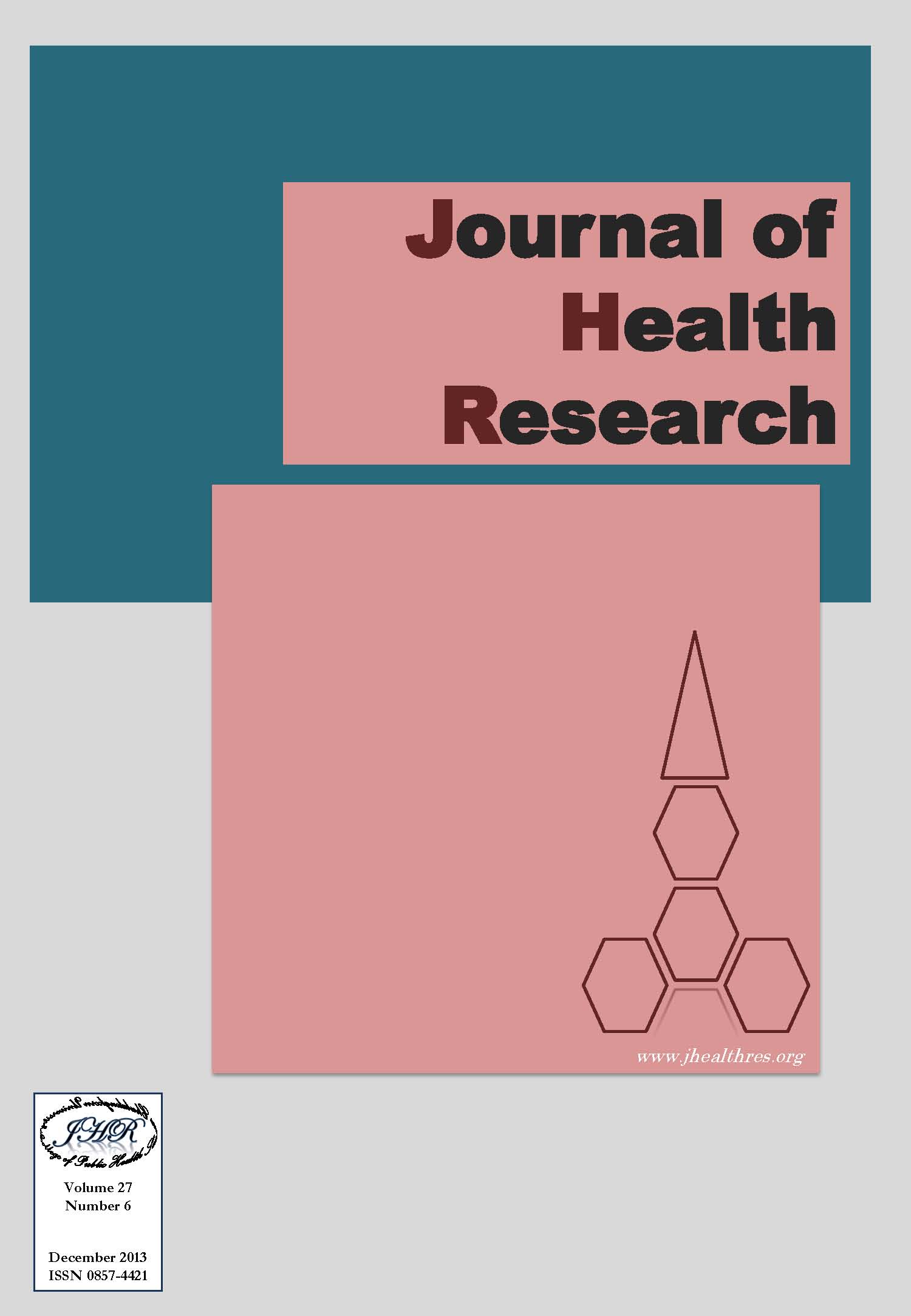Socio-Cultural Factors Affecting Adherence to Anti-Retroviral Therapy among HIV Positive Women in Nepal
Keywords:
Anti Retroviral Treatment (ART), Adherence, Socio-cultural factors, HIV positive women, NepalAbstract
Consistent high level of adherence to Anti Retroviral Treatment (ART) is critical to treatment success. A recent study in Nepal revealed that women are seven times less likely to adhere to their treatments than their male counterparts. Hence this study explores the influence of socio-cultural factors that affect the adherence to ART among female HIV positive patients in Nepal. A cross sectional study surveying 100% dose adherence in past 4 weeks was conducted among 246 HIV positive female patients enrolled into ART for at least three months from December 2012-January 2013 in Kathmandu, Saptari and Morang district of Nepal. The study revealed that only 66.6% of the respondents reported complete adherence to the treatment. The key factors affecting adherence were; perceived stigma of disclosure (OR= 18.413, p=<0.001), perceived family support (OR = 8.975, p=<0.001), monthly family income (OR=6.371, p=<0.001), medication self efficacy OR= 6.222, p=<0.001), patient provider communication (OR= 4.525, p=<0.004) and total perceived social support (OR = 4.071, p=0.027). The most common reason given for missing a dose was memory lapse, either in falsely believing they had already taken their medication or forgetting to take it entirely. In conclusion, the adherence rate among the HIV positive women was found to be 66.6% with memory lapse being the main reason for it. Patient’s perceived stigma of disclosure and perceived family support were major factors affecting adherence to ART. Adherence supportive programs such as mobile phone reminders, alarm clocks can be implemented to help them remember. Also, introducing a buddy system for improving social support, tailoring counseling content for vulnerable patients and addressing the patient’s fear of disclosure beyond the immediate circle can also be done to increase adherence among the positive women.







